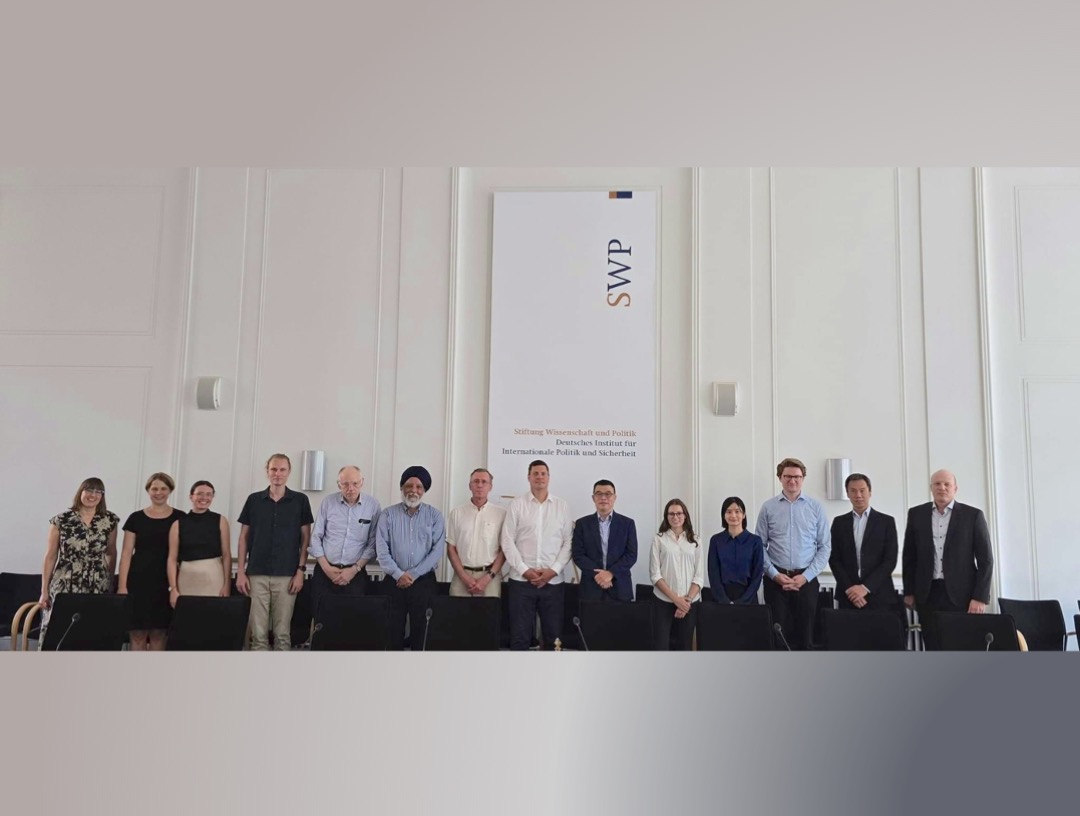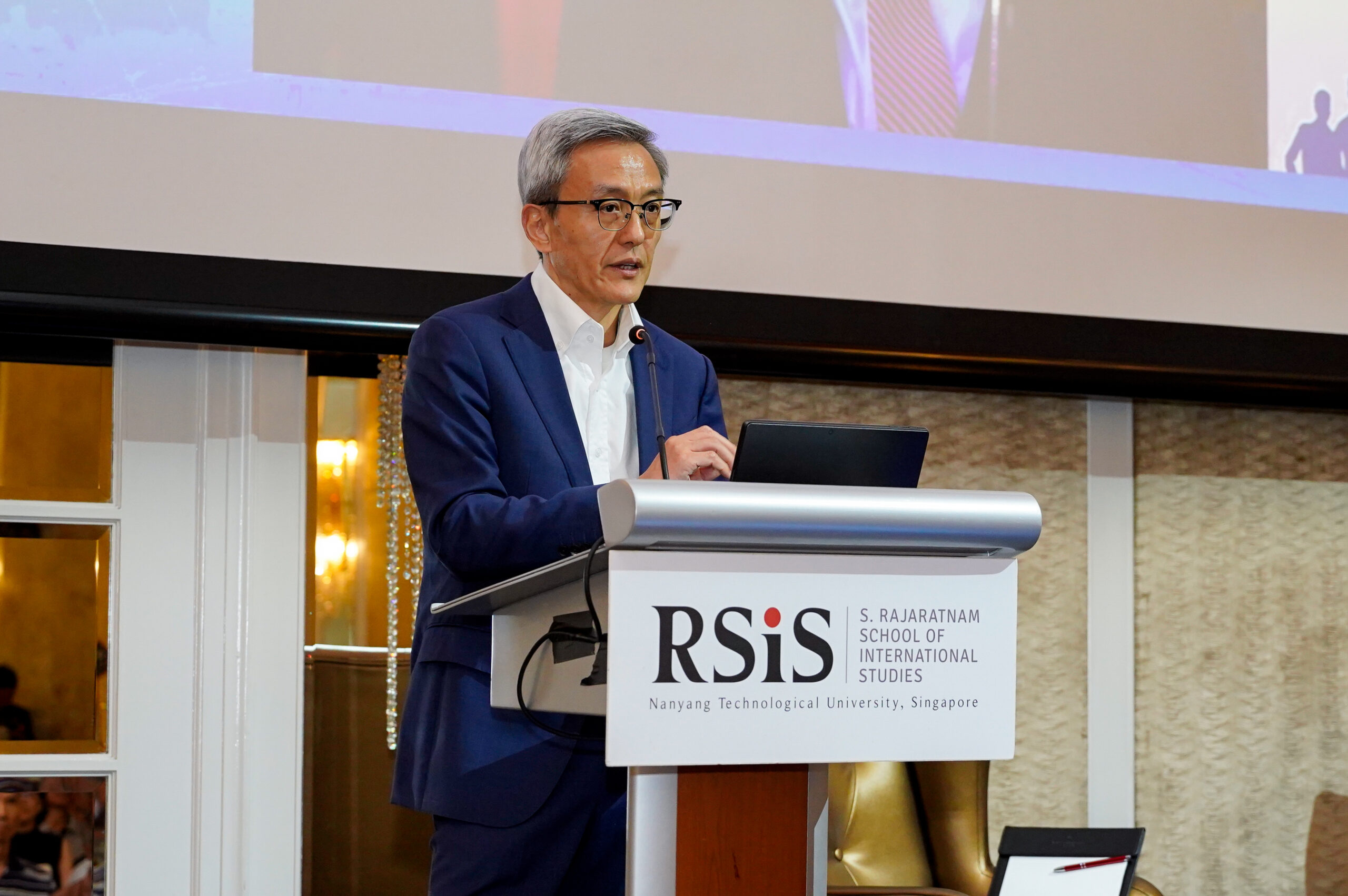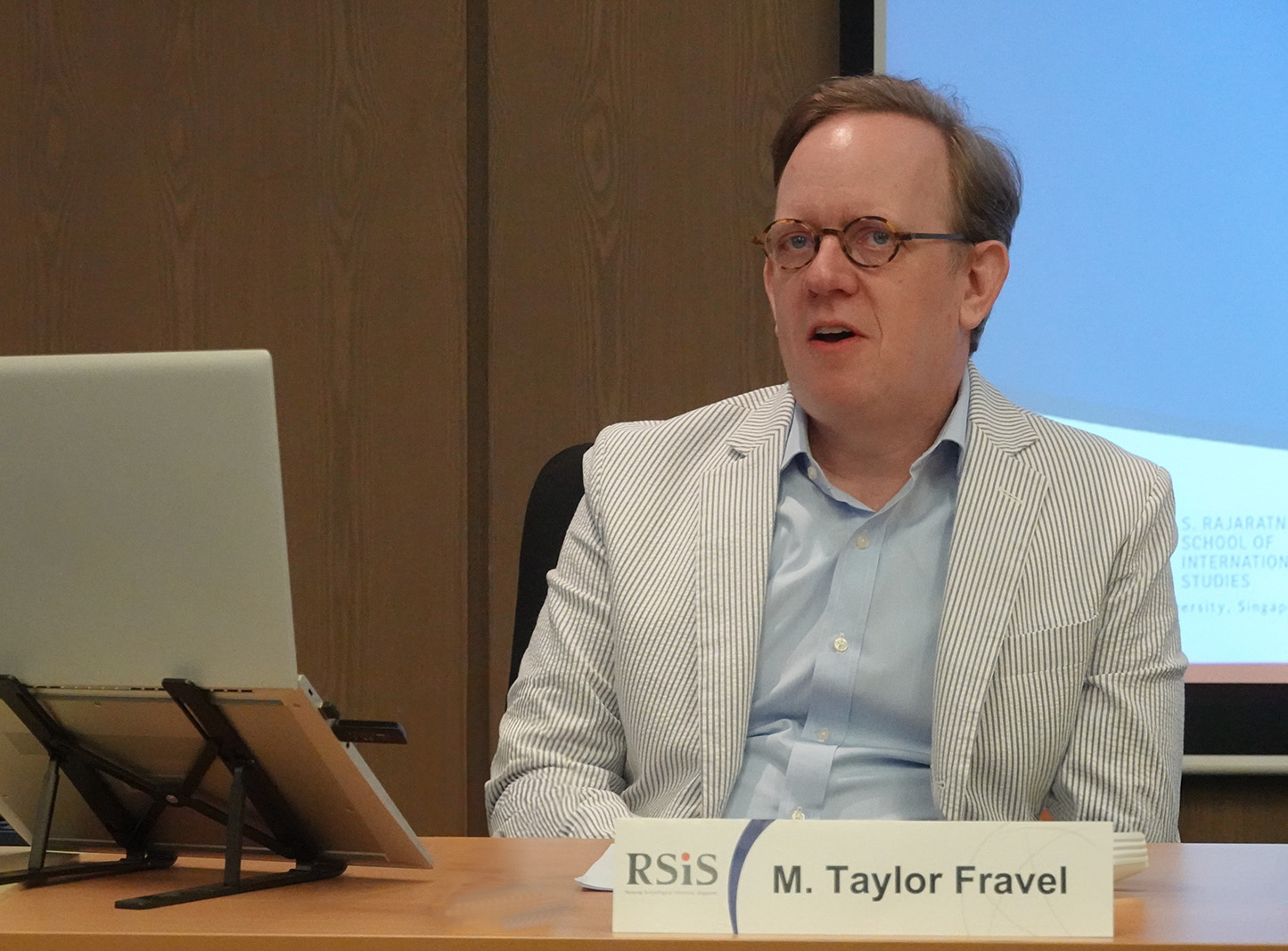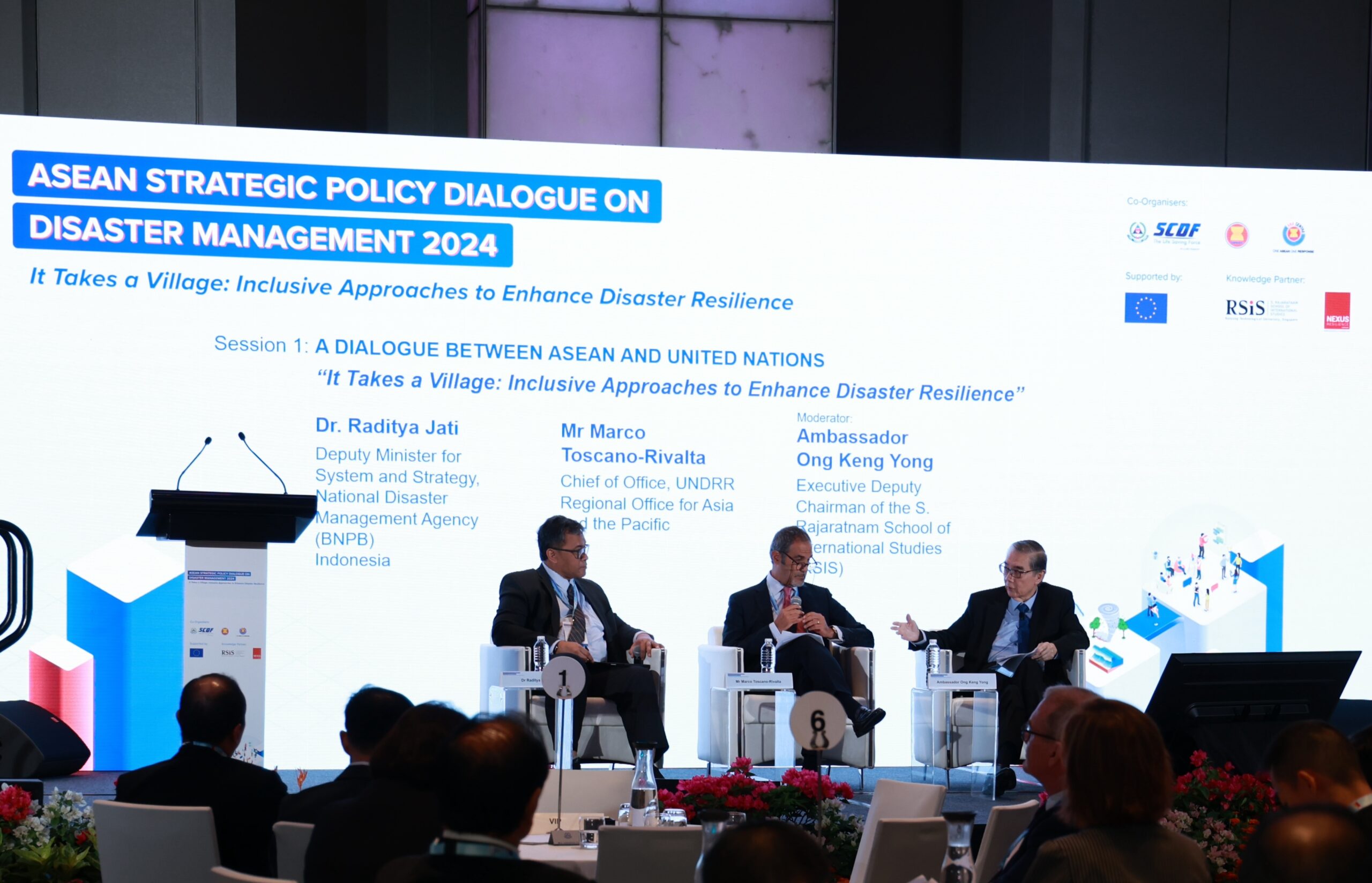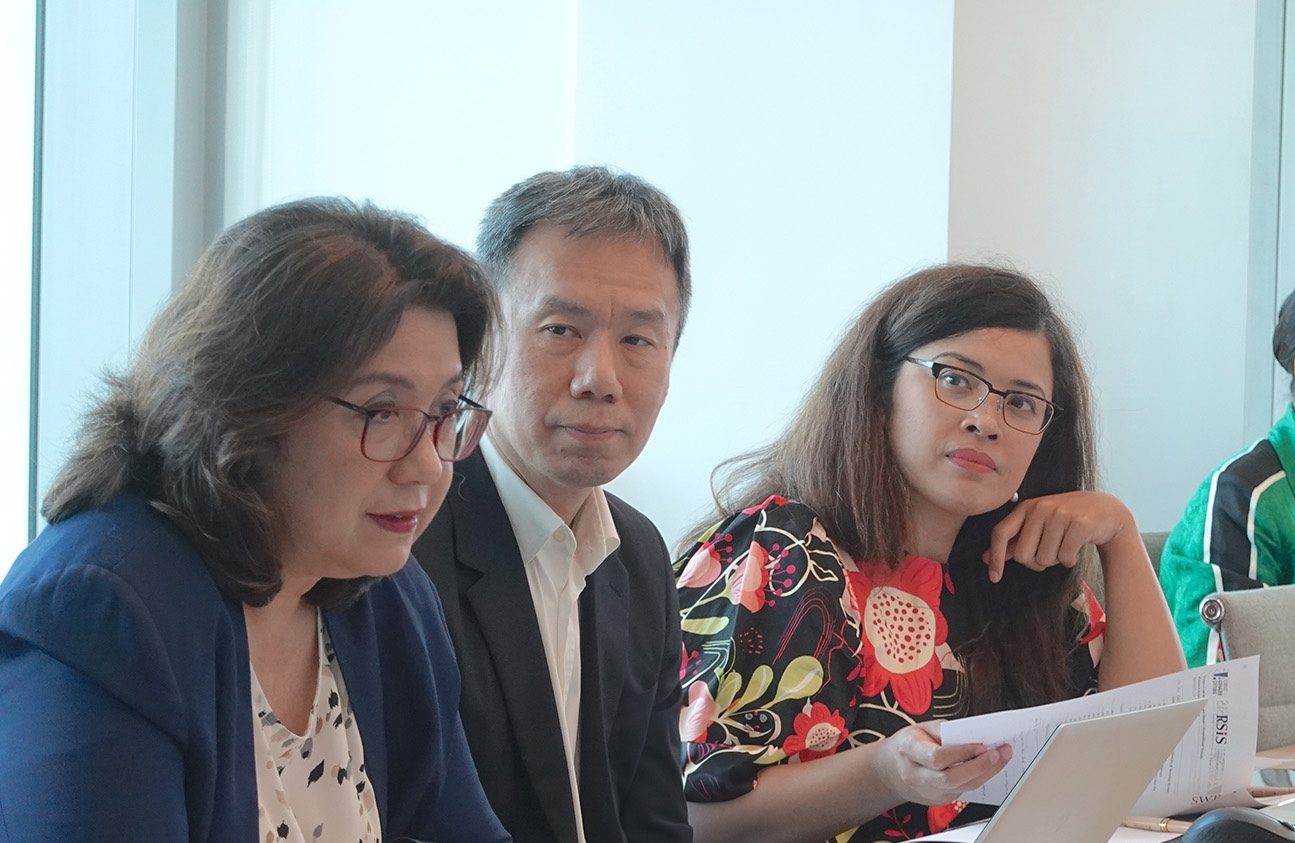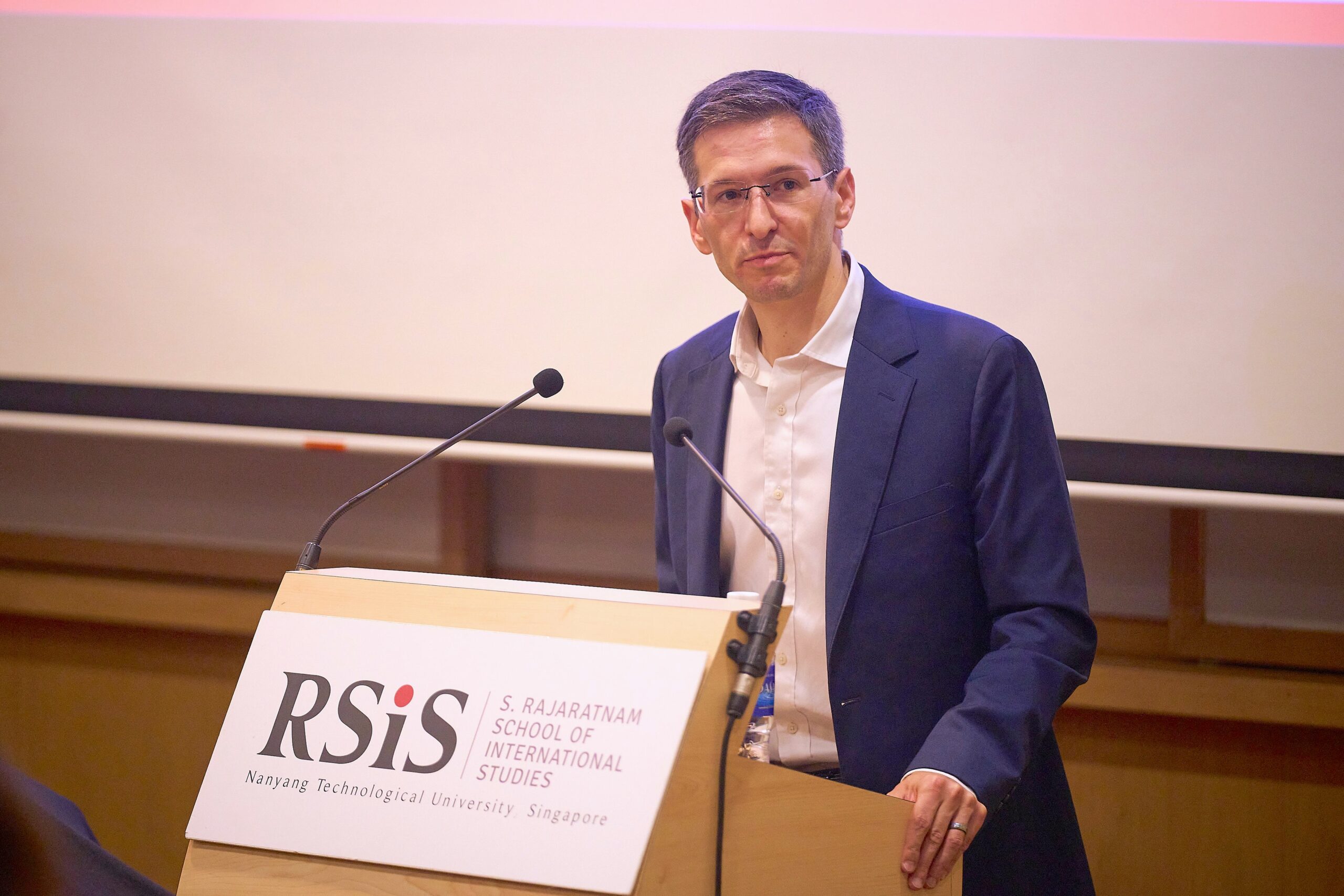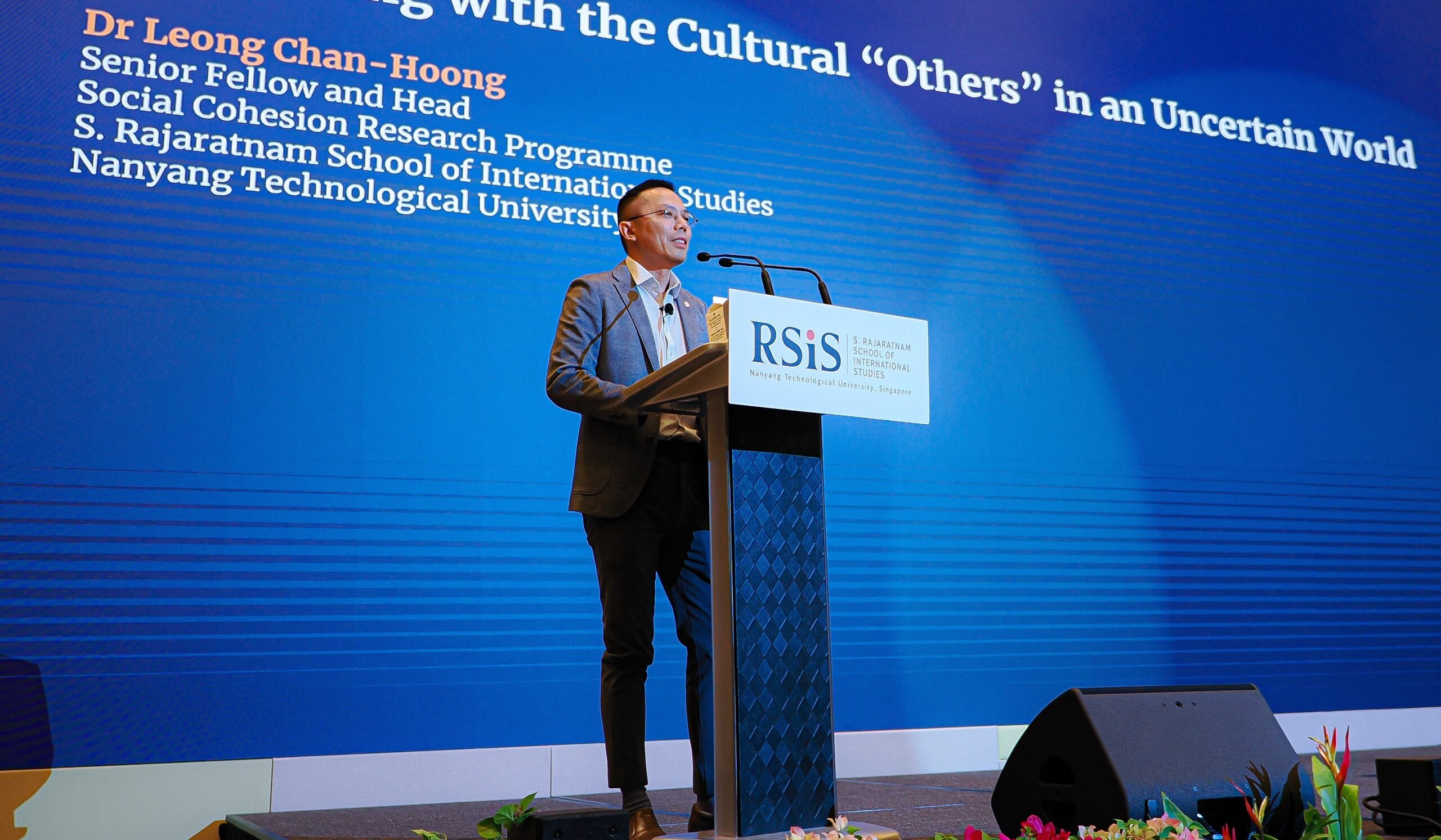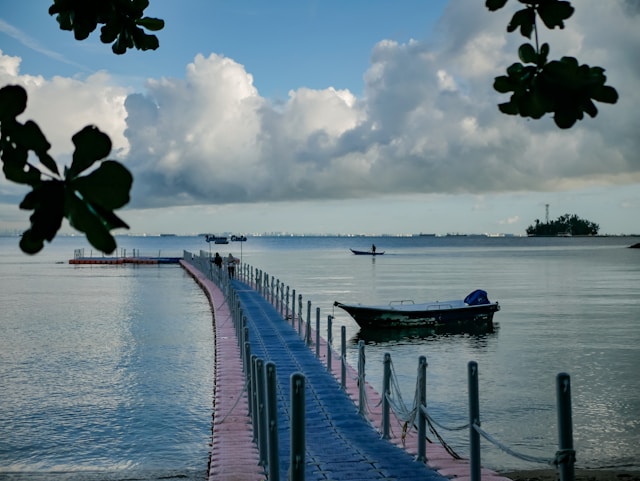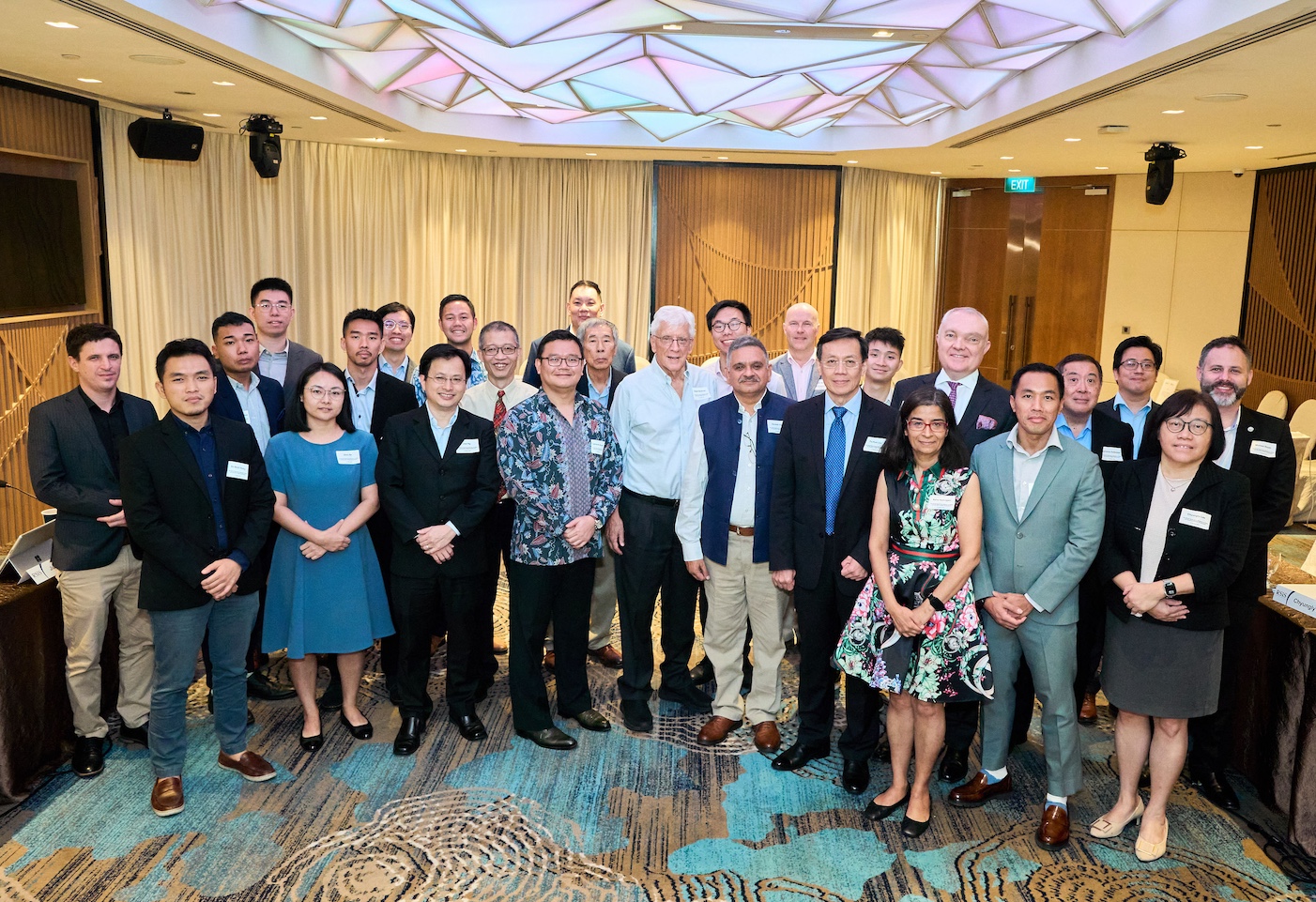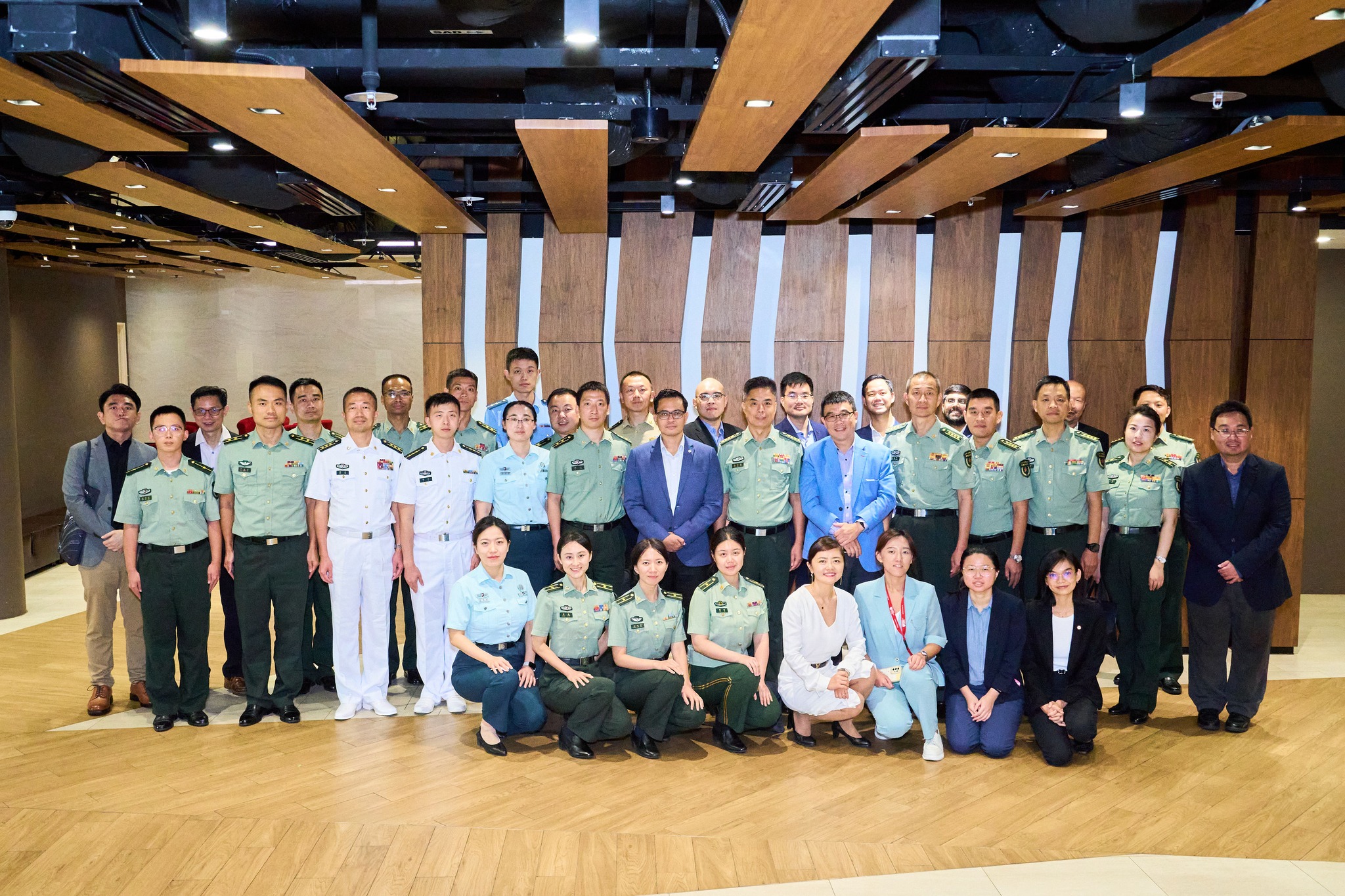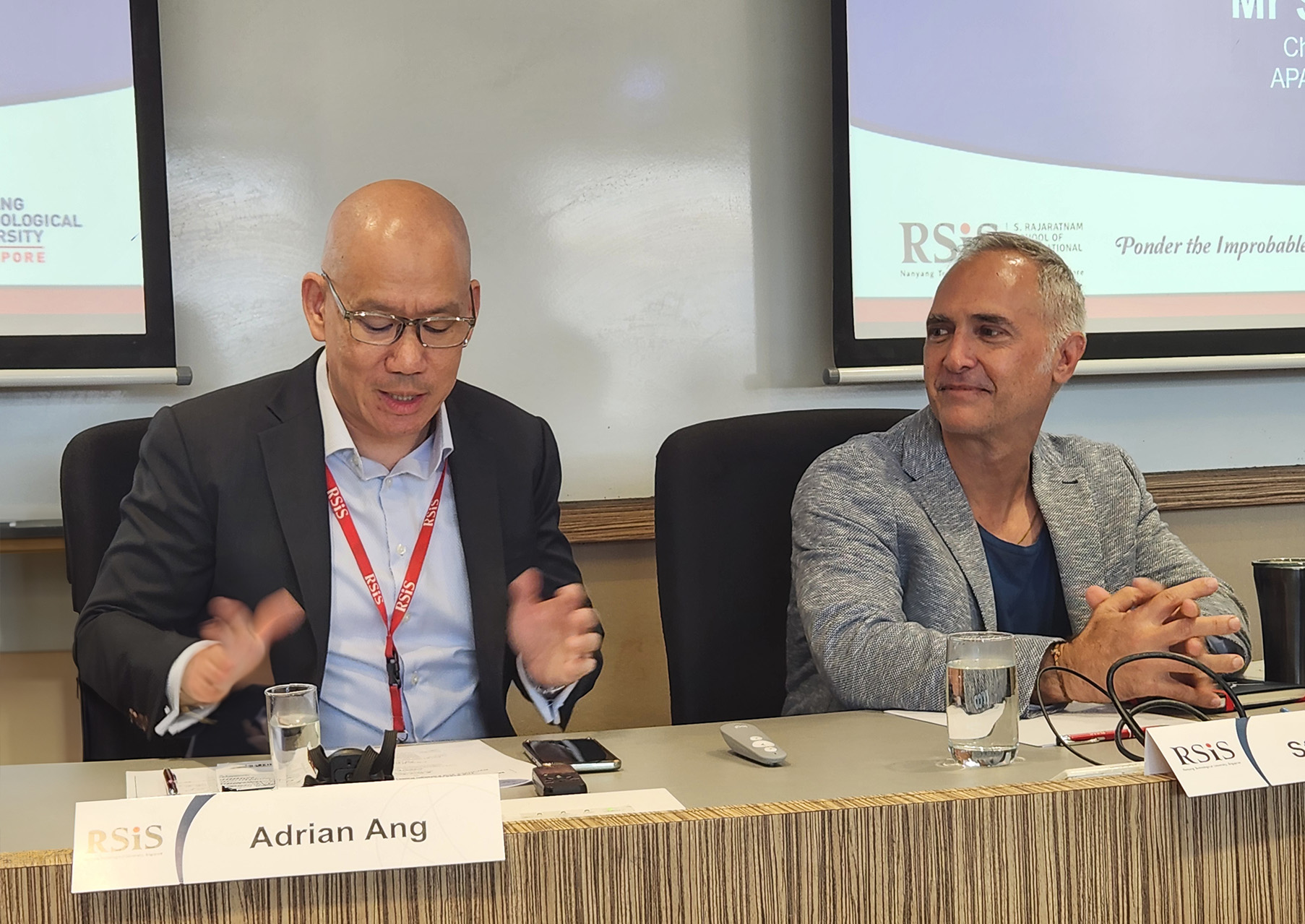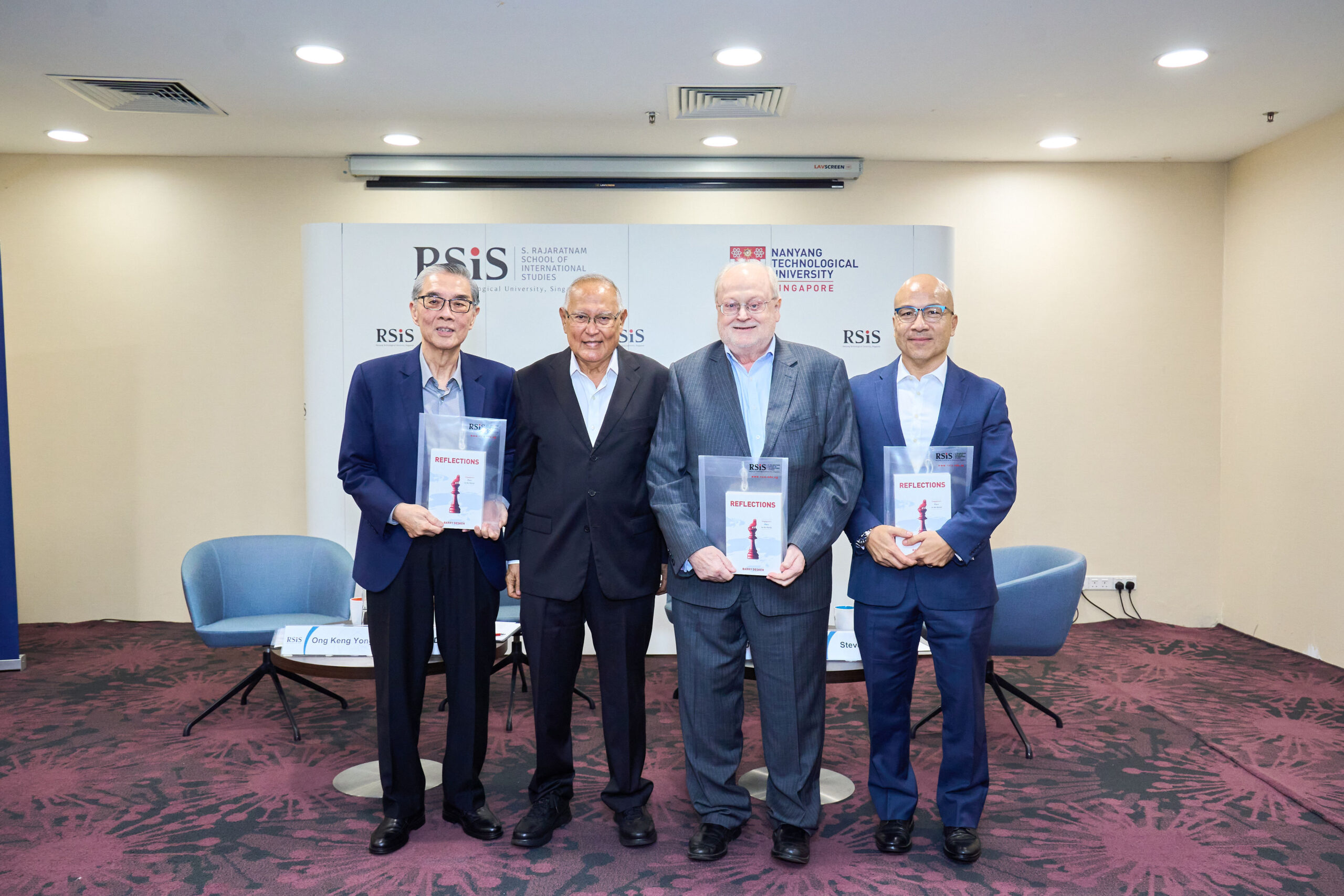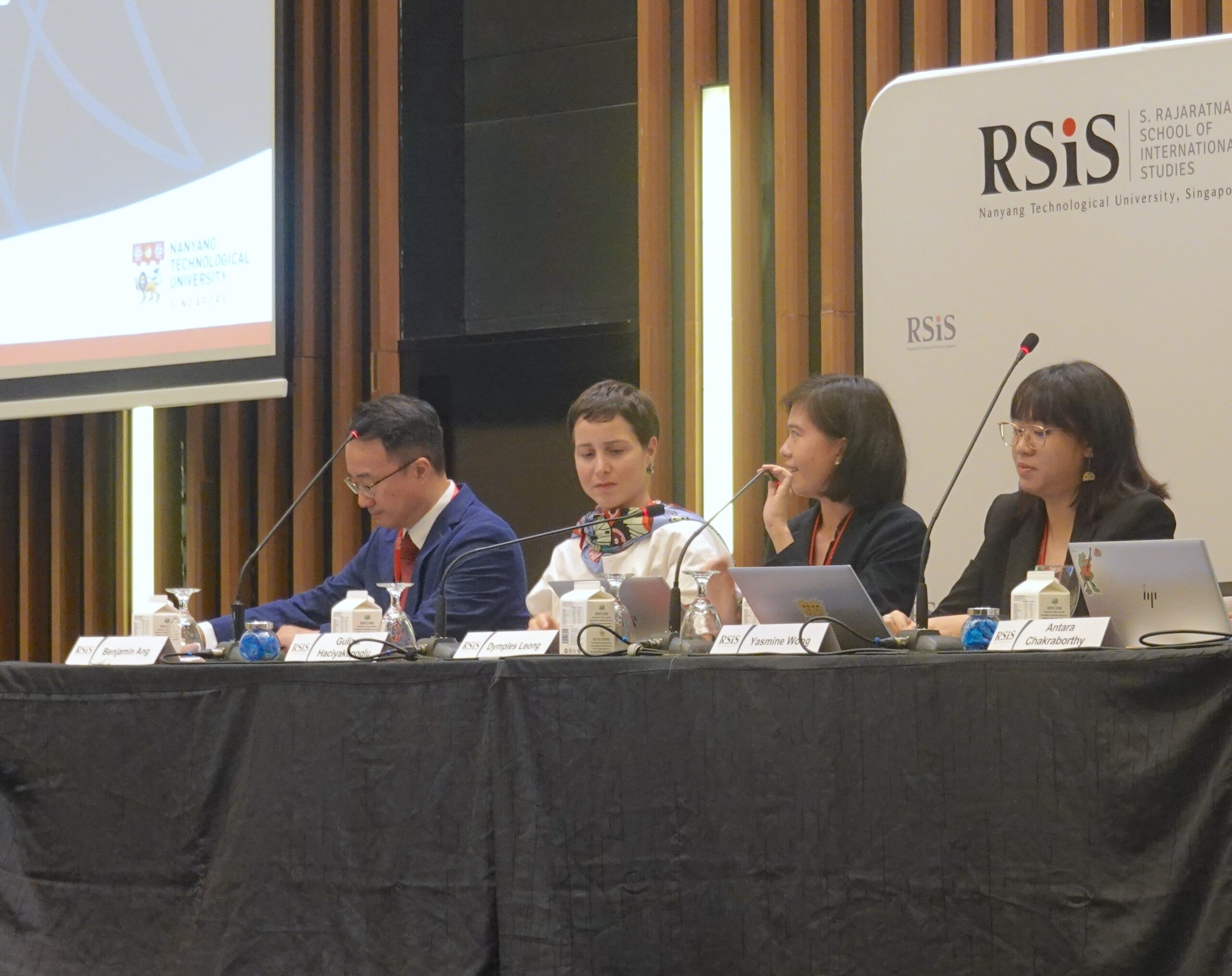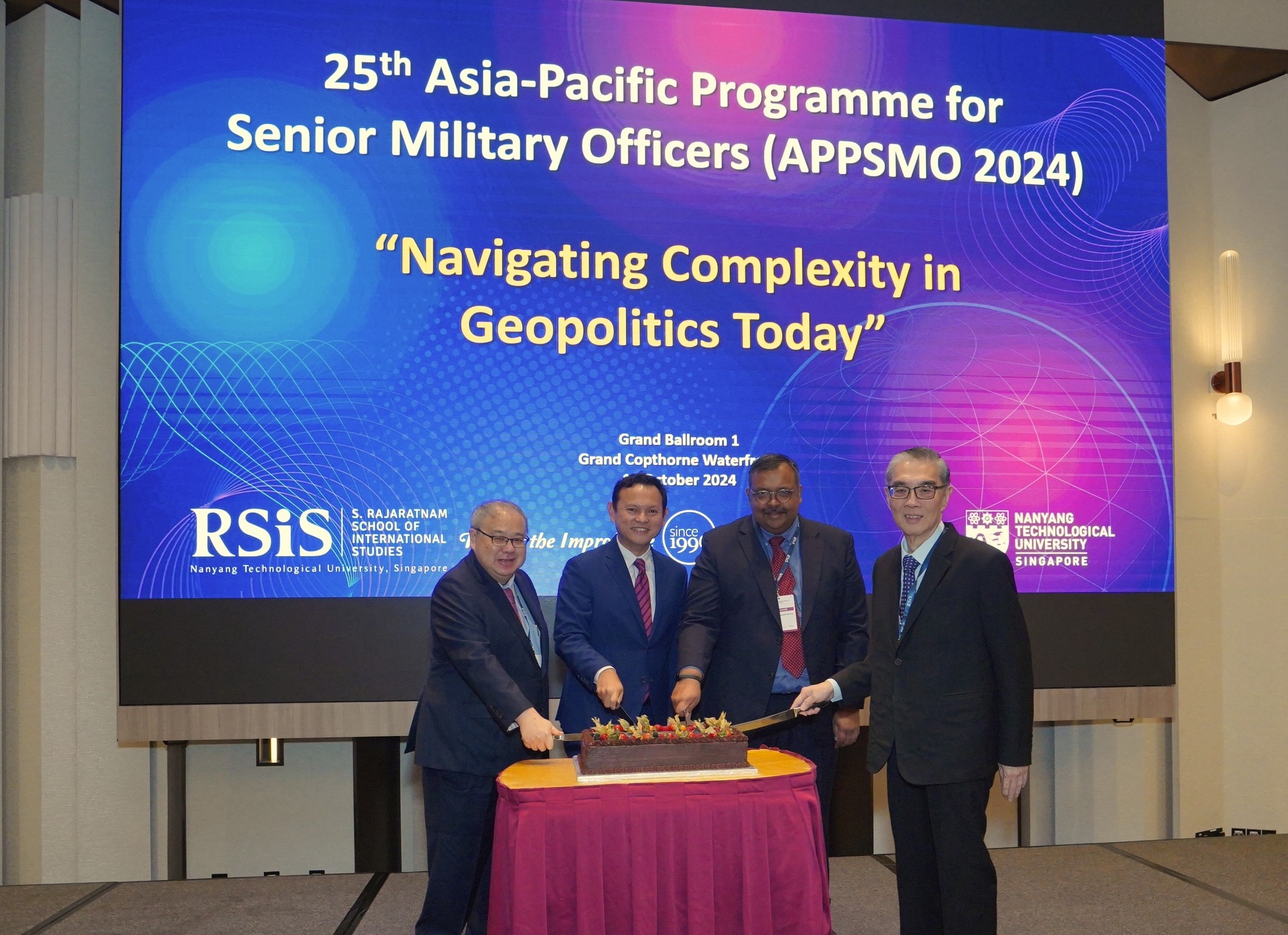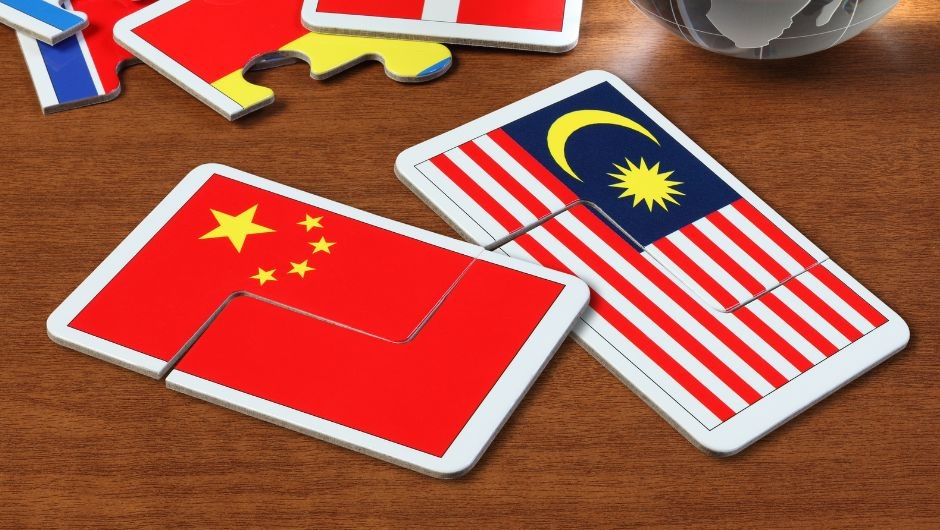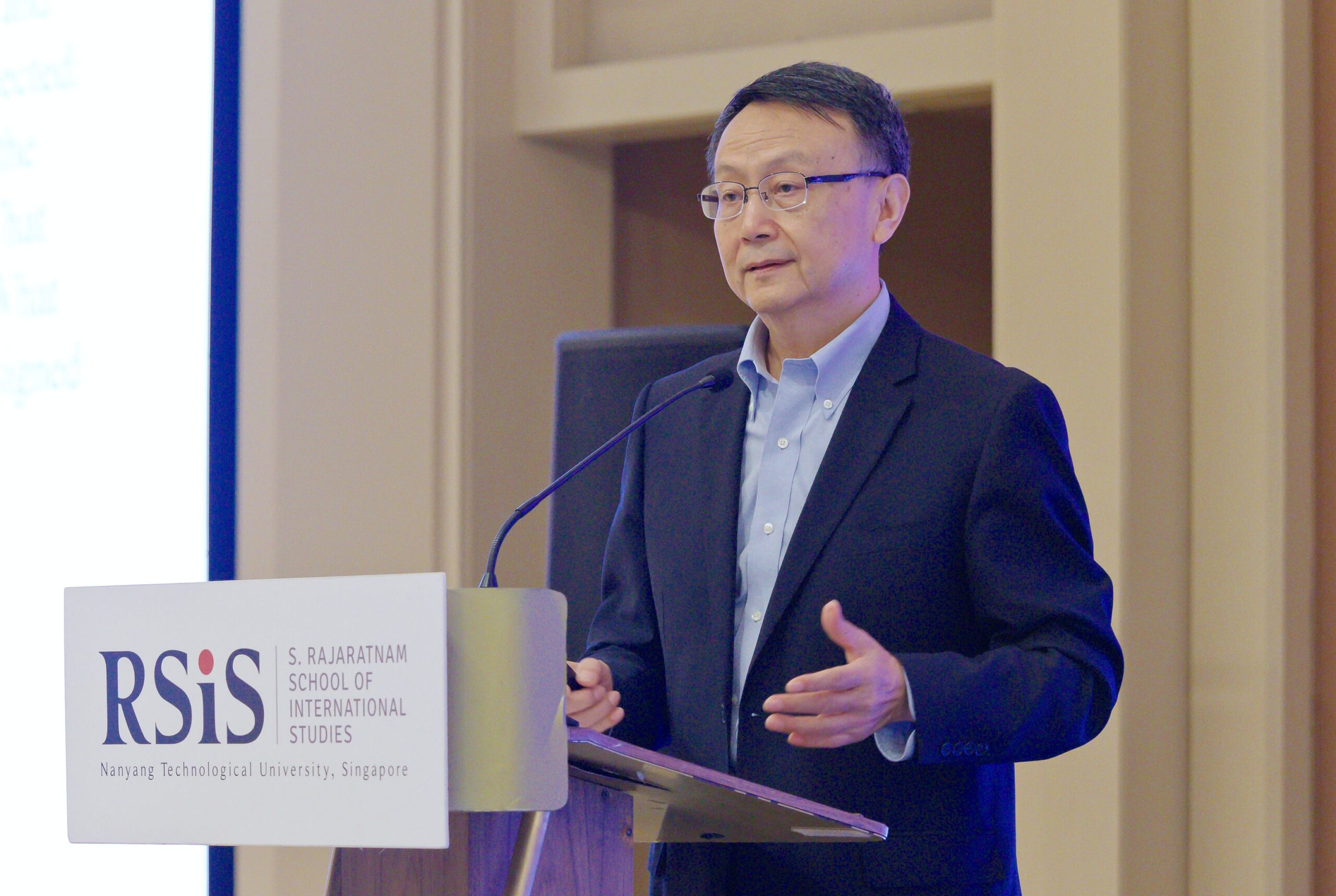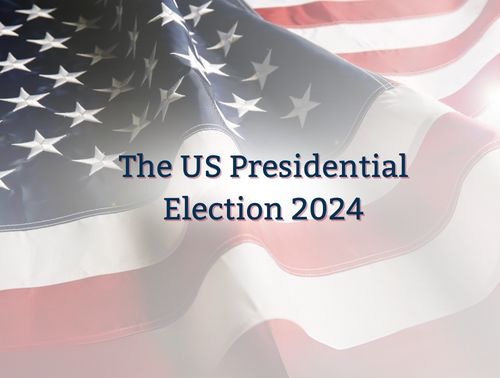
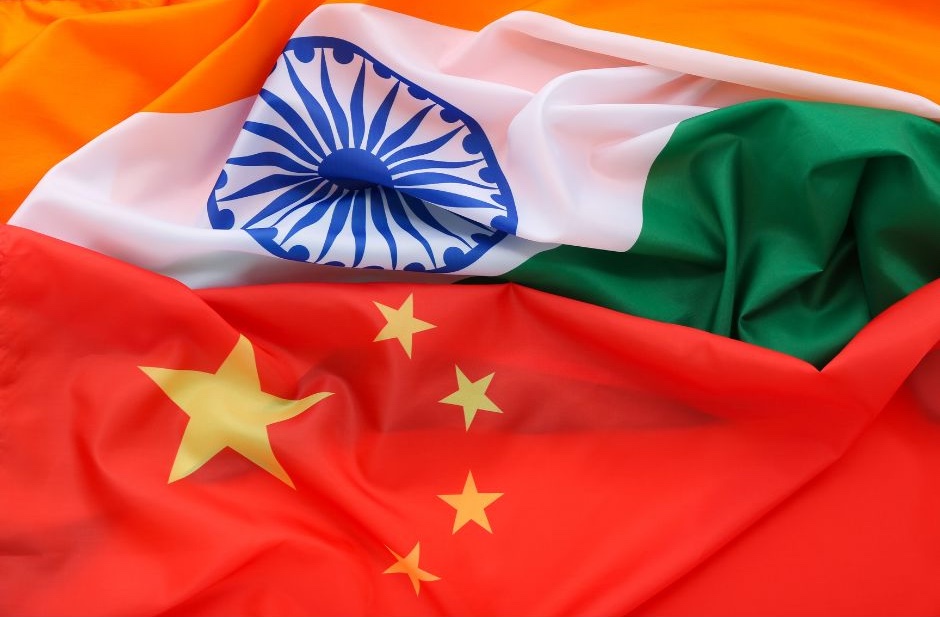
The South Asia Programme at RSIS hosted Dr Jabin Jacob, who gave a public lecture on 2 October 2024, assessing India’s China policy, identifying its key features and examining its strengths and weaknesses. Dr Jacob is Associate Professor and Director of the Centre of Excellence for Himalayan Studies at the Shiv Nadar Institution of Eminence in New Delhi
Dr Jacob argued that the Indian government has pursued a sub-optimal policy because of a lack of adequate knowledge or awareness of Chinese interests. The Indian Government tends to view China as a regular state in the international system. However, Dr Jacob noted that this view is not accurate. The interests of the Communist Party of China (CCP) tend to predominate Chinese strategic thinking and the CCP views the outside world through an ideological lens. Due to this, China views foreign relations in zero-sum terms and it sees India as a subset of its approach to the United States. The inability to appreciate this reality hampers Indian policy towards China.
After the Galwan Valley crisis, India attempted to impose costs on China through economic sanctions. Post-Galwan and post-COVID, India’s efforts to ban Chinese apps or restrict the activities of Chinese companies in India to reduce dependence on Chinese suppliers by scaling up and incentivising domestic production have failed to yield the desired results.
Therefore, the Indian Government has now realised that reducing dependence is a long-term goal and cannot be achieved overnight. Furthermore, in the short term, India needs Chinese economic investment to overcome its own domestic economic challenges. The government’s own economic survey released before the presentation of the annual budget this year, has called for India to “plug into China’s supply chain”. While India has increased scrutiny over Chinese companies, it is now beginning to re-engage China economically. The Indian Government has begun to engage China on electric vehicles, and Chinese company Lenovo has agreed to establish a computer server manufacturing facility in India.
India’s China policy is also beset with coordination issues. For instance, the Indian Army and the Indo-Tibetan Border Police do not coordinate effectively on border security and continue to carry out their functions and tasks independently. The inability to coordinate both amongst the Indian Government’s own institutions and with non-governmental institutions, hampers its ability to pursue common strategies in pursuit of clear goals.
Following the presentation, Dr Jacob engaged in a Q&A session with the audience present, covering topics including implications of Russia-China alignment on India, India’s relationship with the US and the Quad, and its engagement with the BRICS forum.




